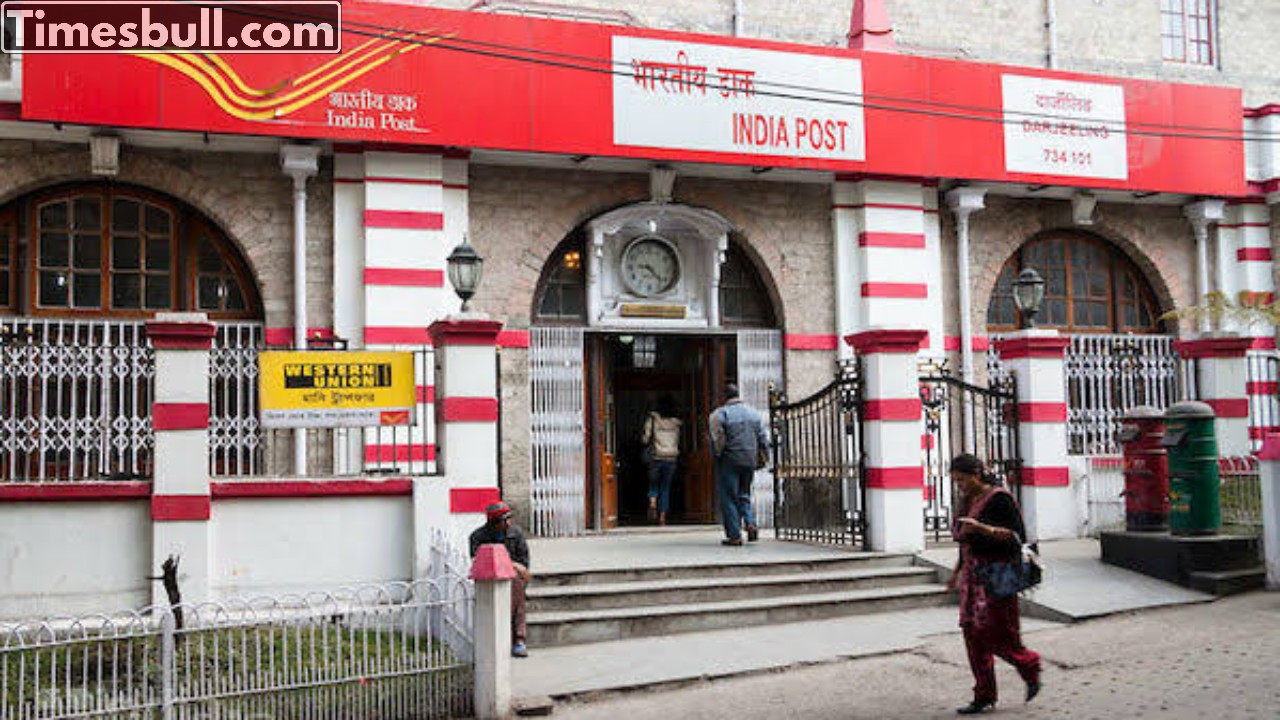Post Office RD: The current state of the market is quite unfavorable. The stock market is experiencing significant challenges, leading to heightened anxiety among investors. In the year 2025 alone, a staggering loss of Rs 45 lakh crore has been recorded within just two months. Individuals who have diligently earned and invested through Systematic Investment Plans (SIPs) are becoming increasingly disillusioned. Consequently, many investors are exploring alternative options.
Data from the Association of Mutual Funds in India (AMFI) indicates that 61 lakh 33 thousand individuals closed their SIP accounts in January, while 56 lakh 19 thousand new accounts were opened. This results in a net decrease of approximately 5 lakh 14 thousand SIP accounts for that month. Nevertheless, experts advise that investments should be viewed with a long-term perspective.
There are several secure investment schemes that allow for monthly contributions, such as the Public Provident Fund (PPF), Sukanya Samriddhi Yojana, Employees’ Provident Fund (EPF), Voluntary Provident Fund (VPF), and National Pension System (NPS). Among these, Recurring Deposits (RD) and Time Deposits (TD) are notable options. RDs enable individuals to accumulate small amounts over time, which can be utilized for future expenses upon maturity, all while earning interest and ensuring the safety of the principal amount.
10 benefits:
– Availability at both banks and post offices.
– Investment options in private banks.
– A minimum locking period of five years at post offices.
– Flexible terms ranging from six months to ten years at banks.
– Interest rates for post office schemes are determined by the government.
– Bank interest rates fluctuate based on Reserve Bank of India policies and market conditions.
– No Tax Deducted at Source (TDS) on interest earned in post offices, although it may be subject to income tax.
– A TDS of 10% applies to bank RD interest exceeding ₹40,000 (previously ₹50,000, now increased to ₹100,000 for senior citizens).
– Interest is compounded quarterly.
– The minimum monthly investment is Rs 100, with no upper limit.
